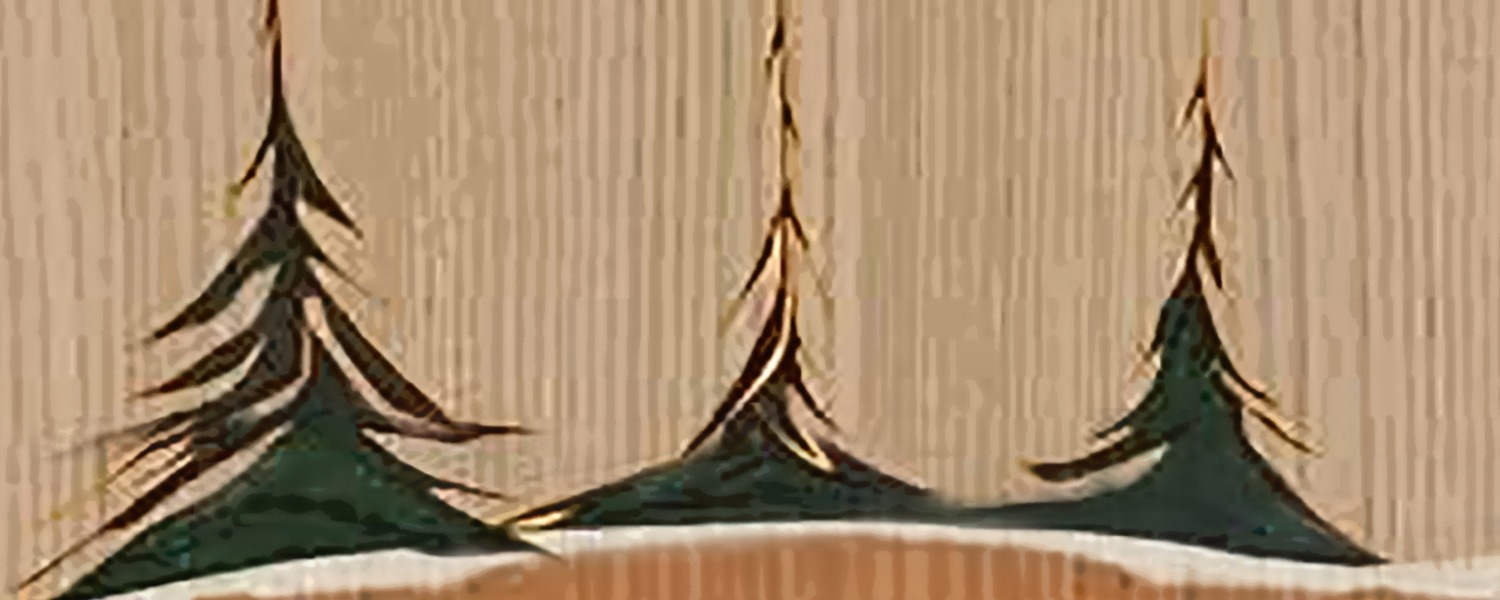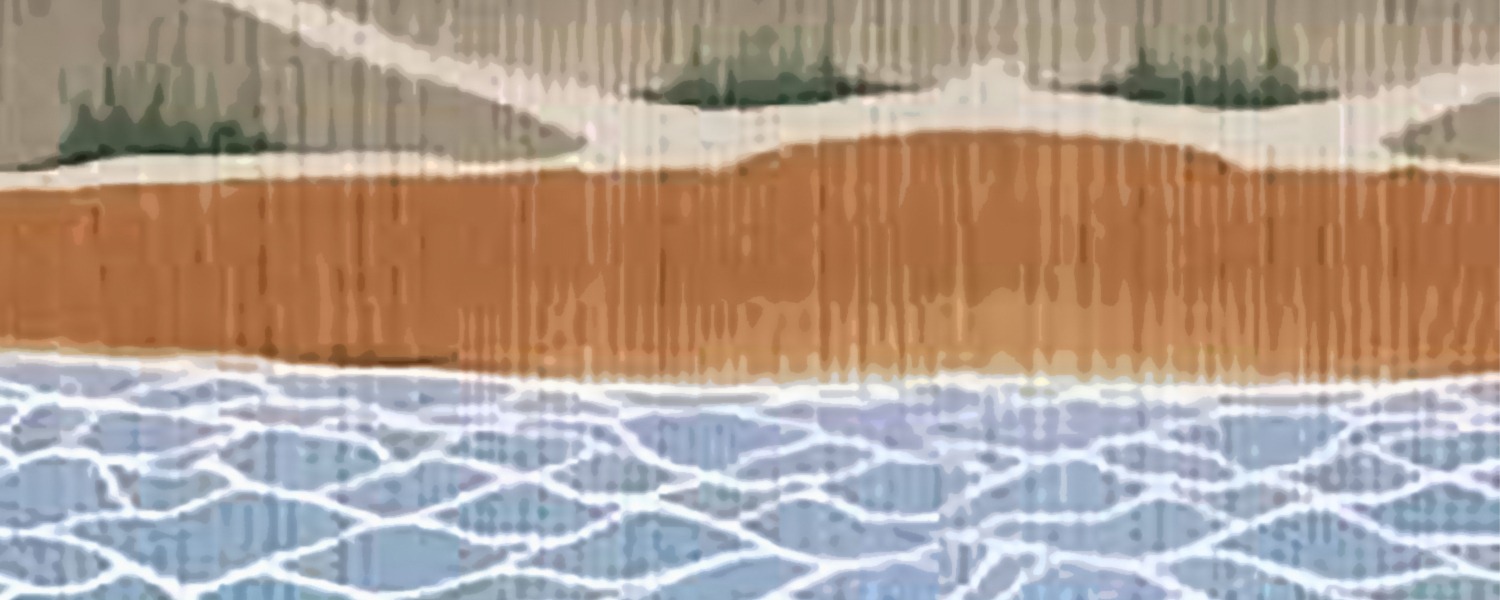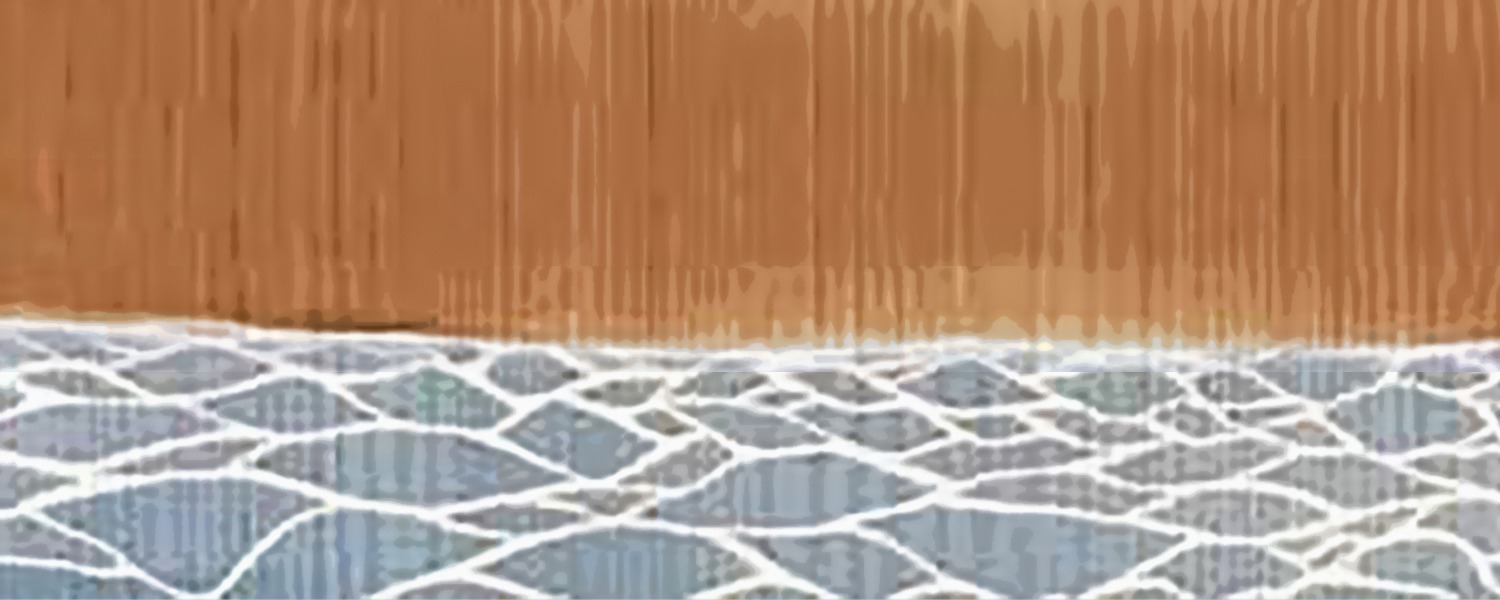Canadian law does a terrible job of protecting Indigenous knowledge.* In fact, the current structure of Canadian law facilitates and encourages the theft of Indigenous knowledge.
However, there is an opening for change in September, when Parliament will consider changes to the Copyright Act. The Copyright Act currently makes it easy for outsiders to steal Indigenous knowledge. Among other things, the Copyright Act gives ownership of a recording to the person who records information – not the person who shared the information with the recorder.
Given that setting down on paper or a recording is often the means by which Indigenous knowledge and land use information are submitted as part of regulatory processes, this is one of a number of serious gaps in the law to protect Indigenous knowledge systems. Recent proposed amendments to Canada’s federal environmental legislation in Bill C-68 and C-69 do not fill these gaps as the proposed Acts do nothing to protect the inherent ownership and rights of Indigenous peoples in their knowledge.
This is all the more problematic because C-68 and C-69 do very little to protect the public disclosure of Indigenous knowledge submitted as part of those regulatory processes. This creates a perverse situation in which in order to protect their s. 35 rights, Indigenous groups are required to submit detailed information, including Indigenous knowledge, which then can be publically disclosed. Public disclosure of the Indigenous knowledge facilitates the further theft of Indigenous knowledge because Canada’s intellectual property regime fails to recognize or protect Indigenous knowledge in most cases. Calls on the government to address the protection of Indigenous knowledge in C-68 and C-69 went unheeded.
Since the end of 2017, the Standing Committee on Industry, Science and Technology (INDU) heard from a number of witnesses and received written briefs on possible amendments to the Copyright Act. The problem has been the relative lack of Indigenous voices heard by the Committee.
The Committee needs to hear loud and clear (and repeatedly) what the concerns of Indigenous peoples are, and some of the possible solutions in order to emphasize the importance of change to the government and to reinforce some of the excellent messages already delivered to the Committee on the protection of Indigenous knowledge (such as those of Professors Andrea Bear Nicholas and S’ake’j Henderson).
Some of the amendments to the Copyright Act that could improve the protection of Indigenous knowledge include:
- Recognition that ownership of Indigenous knowledge belongs to specific Indigenous nations according to their own laws. A revised Act could provide for agreements between Indigenous nations and the Crown to provide greater clarity and process around the protection of the knowledge of a specific Indigenous nation and deal with issues related to personal ownership/stewardship of Indigenous knowledge vs. collective stewardship of that knowledge.
- Explicit protection of the Indigenous ownership of any Indigenous knowledge provided in the course of any regulatory or court proceeding.
- Provide for a statutory mechanism confirming the right of Indigenous nations and peoples to seek compensation for theft of their knowledge both to provide recompense, but also as a deterrent. This is likely to be most effective if the compensation is not limited to a set amount but is based on the benefit the party taking the knowledge received.
- Better protection for confidentiality of Indigenous knowledge in Canada’s Access to Information laws, so that information shared with the federal government is not simply accessible to the public.
Article 31 of the UN Declaration on the Rights of Indigenous provides that “Indigenous peoples have the right to maintain, control, protect, and develop their cultural heritage, traditional knowledge, and traditional cultural expressions…” and that Canada will take effective measures to recognize and protect these right. Canada is a long way from meeting its obligations under Article 31 given that instead of protecting Indigenous knowledge, the system actual facilitates theft and misuse of Indigenous knowledge.
This is especially troubling in view of the centrality of Indigenous knowledge to most Indigenous peoples, and the fact that the the use and protection of Indigenous knowledge by Indigenous peoples should in and of itself be protected by s. 35.
Canada’s laws need a major systemic overhaul to bring them anywhere up to standard, and the Copyright Act is only one piece of the puzzle to begin to address the theft and destruction of Indigenous knowledge. However, thoughtful reforms could be an important first step in bringing some measure of protection for Indigenous knowledge.
The Standing Committee on Industry, Science and Technology (INDU) review of the Copyright Act resumes on September 17, 2018 and will likely continue on into 2019. The Standing Committee is accepting briefs of up to 2000 words in length that can be submitted via the Committee’s website. Questions about appearing before the Committee in Ottawa can be directed to the clerk of the Committee at INDU@parl.gc.ca. At present (and disappointingly) no funding is being provided by Canada or the Standing Committee or Canada for First Nations participation in this process.
*The term “Indigenous knowledge” does not have a clear definition in Canadian law, which is part of the problem. A broad definition that clearly incorporates the Indigenous knowledge systems in the definition is critical to any legislative protection going forward.
Related Posts

BC Bill 41: A Promising Start to Implementing UNDRIP
The Province of British Columbia is likely to be the first government in Canada to pass legislation to implement the UN Declaration on the Rights of Indigenous Peoples.

Canada Ignores Concerns of Indigenous Peoples in Environmental and Regulatory Reviews
Today, Canada released its Discussion Paper on the Environmental and Regulatory Reviews first announced in June 2016. To say that the Discussion Paper will be a disappointment for most…
Read More...
Changes Coming to Ontario Provincial Policy Statement and land-use planning
Following in the wake of the significant changes to the environmental and land use planning regimes brought in by Bill 108, More Homes, More Choice Act, 2019, Ontario is…
Read More...

